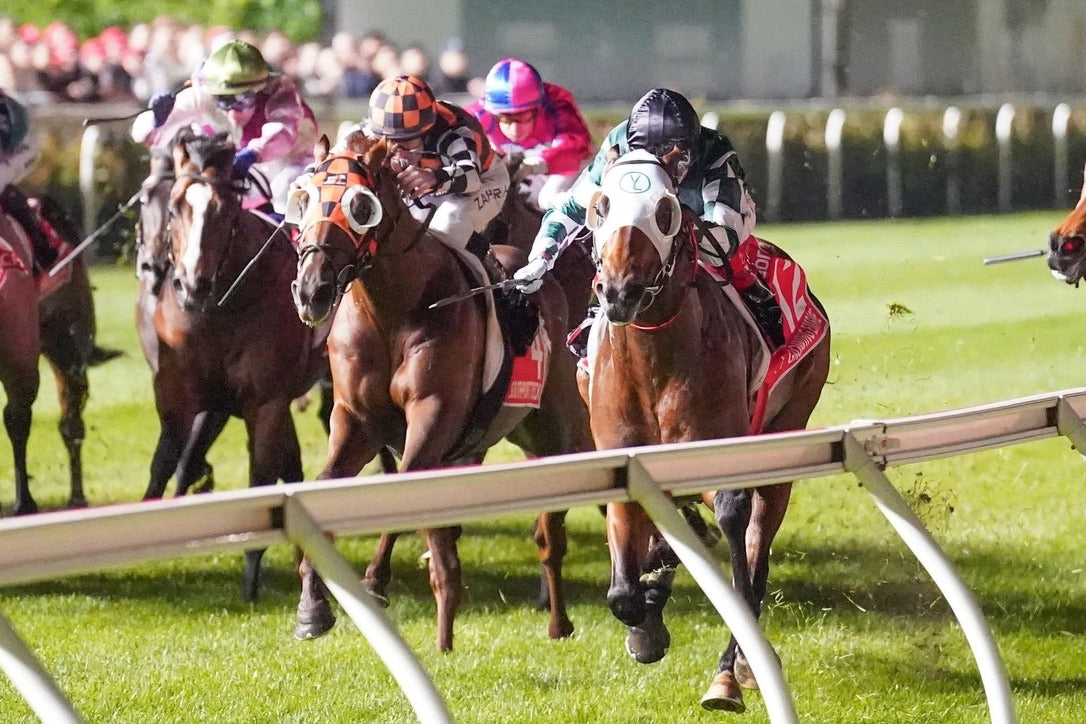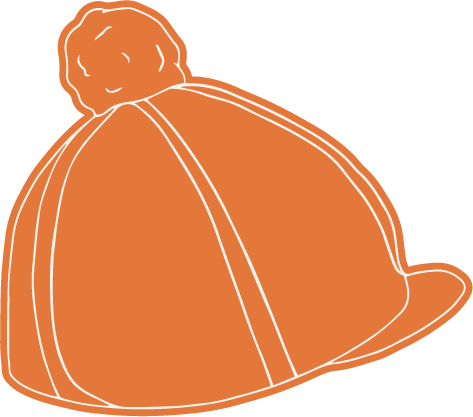
The Life of a Jockey: Risks and Rewards
The world of horse racing is a captivating blend of speed, skill, and adrenaline. At the heart of this thrilling sport are the jockeys—athletes who risk their lives every time they mount a horse. While their accomplishments are often celebrated, their challenges are significant and deserving of attention. In this blog post, we will explore the life of a jockey, the inherent risks they encounter, and the vital importance of support for these dedicated individuals.
Jockeys are often regarded as the unsung heroes of horse racing. They are the skilled riders who guide powerful thoroughbreds through the twists and turns of the racetrack, making split-second decisions that can determine a race's outcome. Success at this level requires years of training, discipline, and a deep understanding of both the horse and the sport.
However, the adrenaline rush of competing is accompanied by a unique set of challenges that can put jockeys in harm's way.
The Risks They Face
1. Injuries from Falls: One of the most significant risks jockeys face is falling from their mounts during races. Despite wearing protective gear, falls can lead to severe injuries, including fractures, concussions, and spinal injuries. The unpredictable nature of horse racing means that even the most experienced jockeys can find themselves in precarious situations.
2. Horse-Related Injuries: Jockeys are also susceptible to injuries caused by their horses. Being kicked, bitten, or trampled can result in serious harm. As they navigate the race, the potential for unpredictable behaviour from the horses adds another layer of risk.
3. Weight Management: Maintaining a specific weight is crucial for jockeys to remain competitive. Unfortunately, the pressure to stay within weight limits can lead to unhealthy practices, including extreme dieting and dehydration. These habits can have long-term effects on their physical and mental health.
4. Mental Health Challenges: Racing's high-pressure environment can damage a jockey's mental health. The fear of injury, coupled with the drive to perform, can lead to anxiety and stress. Jockeys need to have access to mental health resources and support systems.
The Importance of Support
Given jockeys' numerous challenges, support from the community, racing organisations, and charities like The National Jockeys Trust is crucial.
Here’s why:
Financial Assistance: Injuries can lead to extended periods away from racing, resulting in lost income. The National Jockeys Trust provides financial support to jockeys in necessitous circumstances.
Rehabilitation Resources: Injured jockeys need access to quality rehabilitation services. Support organisations can help connect them with medical professionals specialising in sports injuries, ensuring they receive the best care.
Mental Health Services: Encouraging open conversations about mental health and providing access to counselling can help jockeys manage the psychological challenges of their profession.
Community Building: Creating a supportive community where jockeys can share their experiences and challenges fosters a sense of belonging. Peer support can be invaluable, providing emotional reinforcement and practical advice.
The life of a jockey is a remarkable journey filled with risks and rewards. While their bravery and dedication to the sport deserve admiration, it is equally important to recognise the challenges they face. By supporting injured and ill jockeys through financial assistance, rehabilitation, and mental health resources, we can ensure they receive the care and respect they deserve.
Together, we can create a safer and more supportive environment for these athletes, honouring their contributions to the thrilling world of horse racing.

